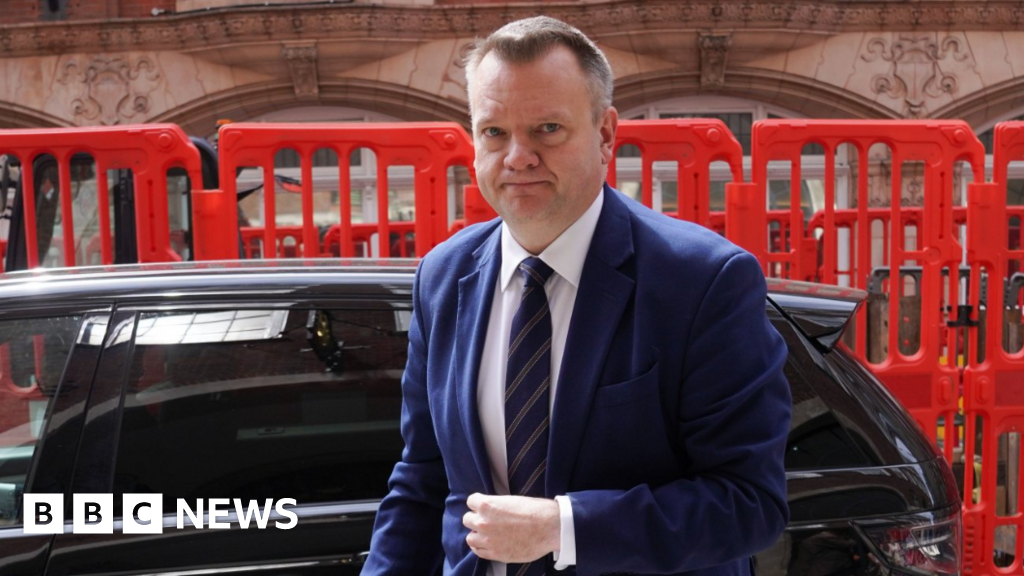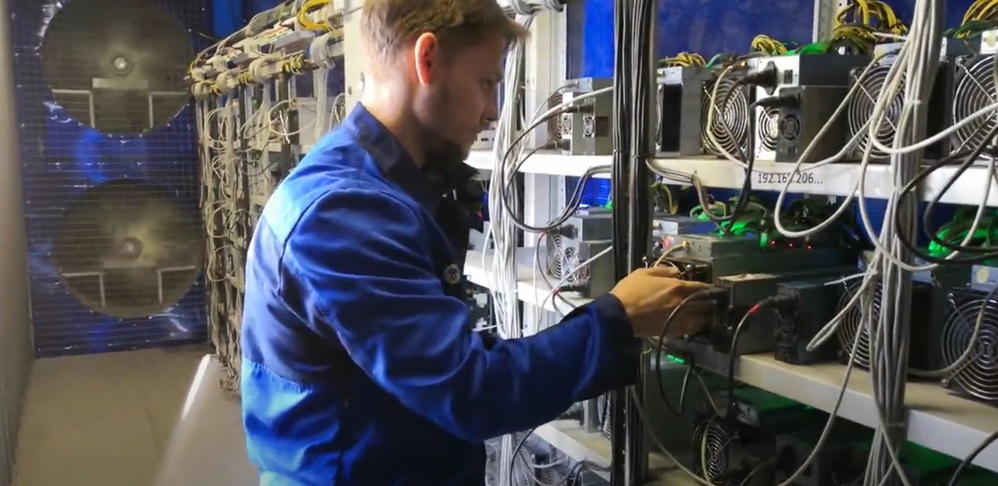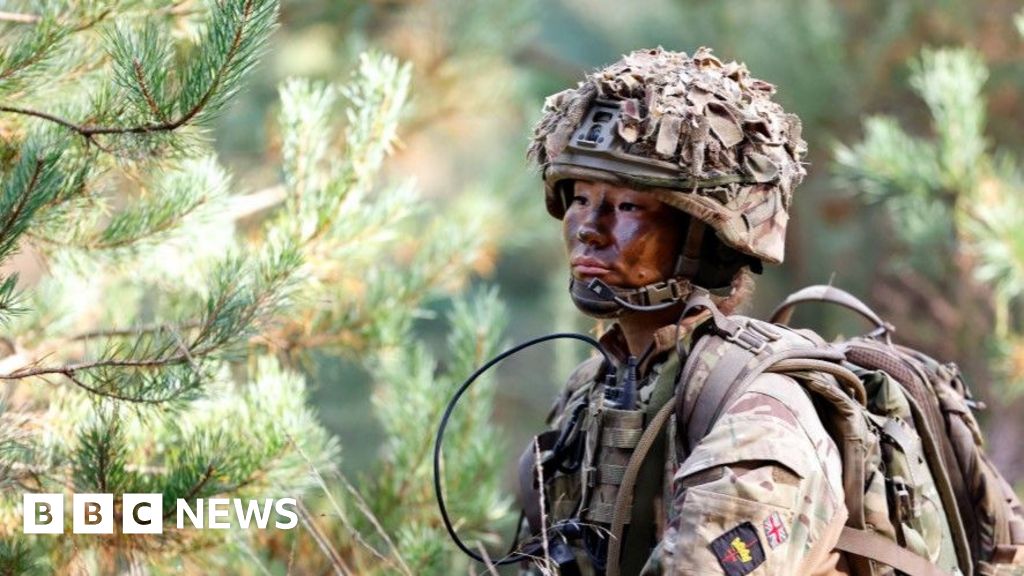Sheridan O’Donnell is a Filmmaker with a powerful message to share through his debut feature film, “Little Brother”. The movie is inspired by personal experiences and tackles important themes such as mental health, suicide, empathy and vulnerability.
In an interview, Sheridan revealed that the idea for the film came from the collision of two events in his life. The first was the death of his friend Torrey, who was bipolar and died by suicide when Sheridan was only twenty-four. The second was when a family member attempted suicide, survived, and was later diagnosed with bipolar disorder. These events awakened unresolved feelings in Sheridan and made him realize the lack of nuanced representation of these issues in movies and TV shows.
“I often go to movies for answers or healing, but then I realized—at least to my knowledge—there wasn’t a film that reflected their experience,” he shared. “To this day, suicide in films and TV are generally dramatic devices used to shock the viewer, or maybe a darkly comic trait given to make a character eccentric. So I set out to explore these feelings and, in a way, honor my loved ones’ stories by portraying these themes in a film with the nuance I think they deserve.”
ADVERTISEMENT
To bring his vision to life, Sheridan decided to make the film about two brothers on a road trip through the American West. This way, he could explore the themes of mental health, suicide, and brotherhood in a unique and captivating way.
However, Sheridan’s journey to completing the film was not without its challenges. In January of 2020, he was diagnosed with Retinitis Pigmentosa, a rare degenerative eye condition that leads to legal blindness. For months, he seriously considered giving up filmmaking. Then, he found inspiration in Rodney Evans, a legally blind filmmaker in New York who was also diagnosed in the middle of his first film and has been making movies for twenty years since then.
J.K Simmons stars in “Little Brother”
courtesy of Sheridan O’Donnell
ADVERTISEMENT
“After finding him, I remember thinking, ‘If he can do it, so can I,'” Sheridan said. He decided to go public about his disability and even wove it into the pitch materials for “Little Brother”. He was overwhelmed by the support from his team and the actors who could clearly see his dedication and boarded the project knowing he was Disabled.
The shoot required Sheridan to make some small adaptations, such as reading the script on an iPad with inverted colors and occasionally using a cane. He was able to direct his team and capture the vision he had for the film.
“I remember when I finished the final day with JK Simmons, who was very complimentary to me, and I thought to myself, ‘You love this. You’re good at this.’ And I was trying to reconcile that with the fact that I’m legally blind. Why would you be given this gift and passion and also this retinal condition? And the answer is I’m asking the wrong question. The real question is: why does society think a blind or low vision person can’t make a movie?” Sheridan shared.
ADVERTISEMENT
Sheridan believes that blind and low vision filmmakers have a right to contribute and have access to the conversation that visual media sparks in society. “Many, many positive things have happened since then—for instance, learning I’ll be making a new feature film—and even though blind and low vision filmmakers are still the minority, we exist,” he said.
“Little Brother” A Film by Sheridan O’Donell
courtesy of Sheridan O’Donnell
Sheridan’s aspirations for “Little Brother” are that above all, it feels true. He wants the film to accurately portray the mental health aspects of the story while also being an emotional rollercoaster that oscillates between moments of intense humor and catharsis.
ADVERTISEMENT
“That’s a lot like me, and that’s a lot like my family. So I hope people are entertained and touched,” he said.
“Little Brother” premieres at the 47th Annual Atlanta Film Festival on April 23rd. Held at Atlanta’s iconic Plaza Theatre.
Credit: Source link











